Brie Larson wants to see more film critics of colour rather than just 'white dudes'
'I do not need a 40-year-old white dude to tell me what didn’t work for him out of a Wrinkle in Time. It wasn’t made for him.'
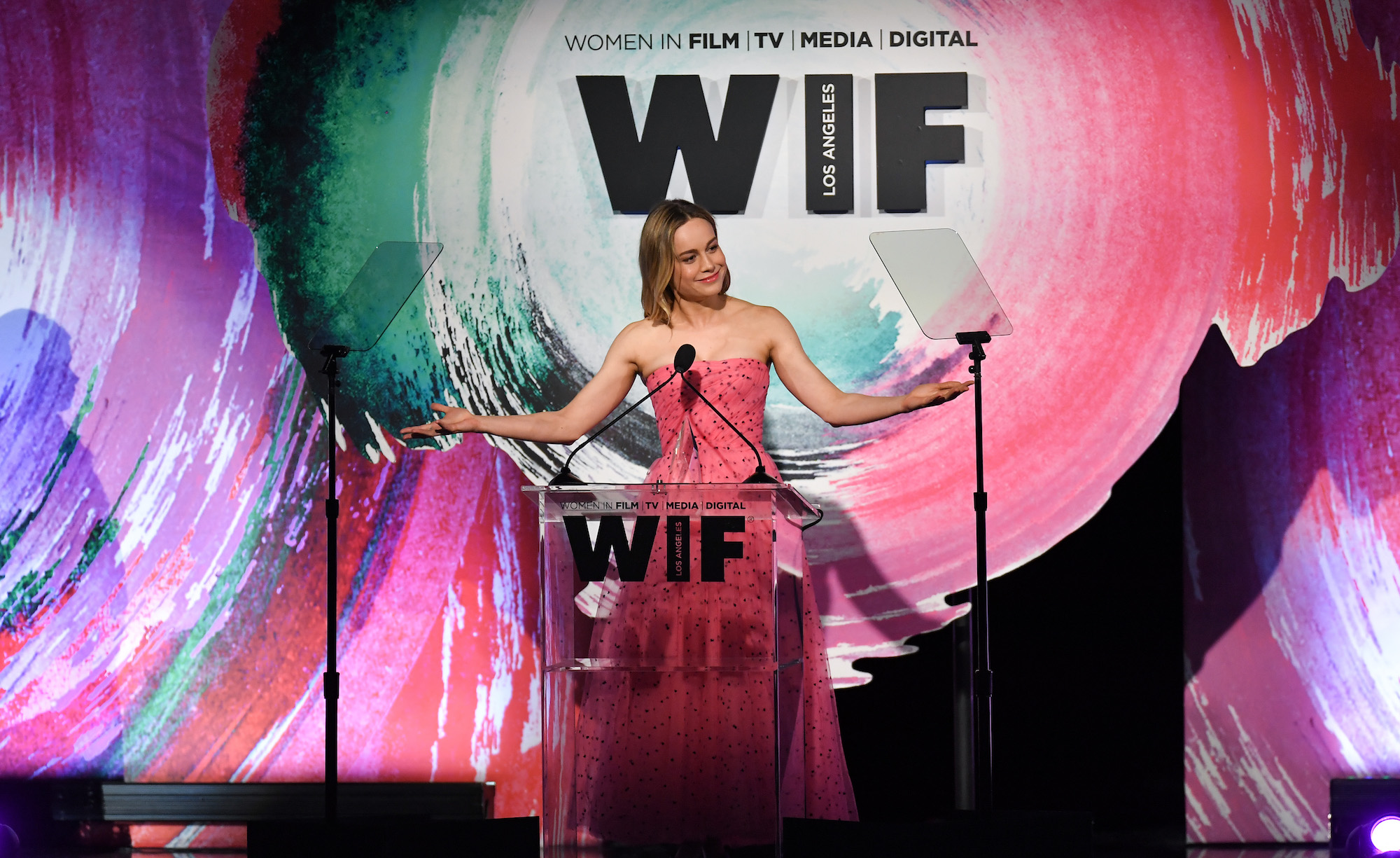

'I do not need a 40-year-old white dude to tell me what didn’t work for him out of a Wrinkle in Time. It wasn’t made for him.'
As the inner workings of Hollywood have slowly come to light with the Me Too movement out in full force and more minority representation trickling onscreen, things seem to be gradually changing for the better. From Wonder Woman director Patty Jenkins smashing box office records to Get Out becoming the most profitable film last year and even an Arab female director scholarship raising POC voices, Brie Larson has highlighted one overlooked area that needs to be worked on next.
Namely, the mainly white and male industry of film journalism.
Brie was honoured with a Crystal Award for Excellence in Film the other night and used her speech to draw attention to the issue. She quoted a recent study of review site Rotten Tomatoes, saying, ‘67 percent of the top critics reviewing the 100 highest-grossing movies in 2017 were white males; less than a quarter were white women; less than ten percent were underrepresented men. Only 2.5 percent of those top critics were women of colour.’

But you might be wondering, why does that matter? Well, given that the US population is much more diverse than that (‘30 percent white men, 30 percent white women, 20 percent men of colour and 20 percent women of colour’) and it’s impossible not to have your own upbringing/identity affect your reviews in some way - it only make sense that we need more diverse voices speaking about films. Especially when they’re films especially aimed at minorities, as Brie pointed out.
Using the recent film Wrinkle in Time directed by black female director Ava DuVernay, she explained, ‘I do not need a 40-year-old white dude to tell me what didn’t work for him out of a Wrinkle in Time. It wasn’t made for him. I want to know what that film meant to women of colour, to biracial women, to teen women of colour, to teens that are biracial. These are just facts these are not my emotions. I want to know what my work means to the world, not a narrow view.’
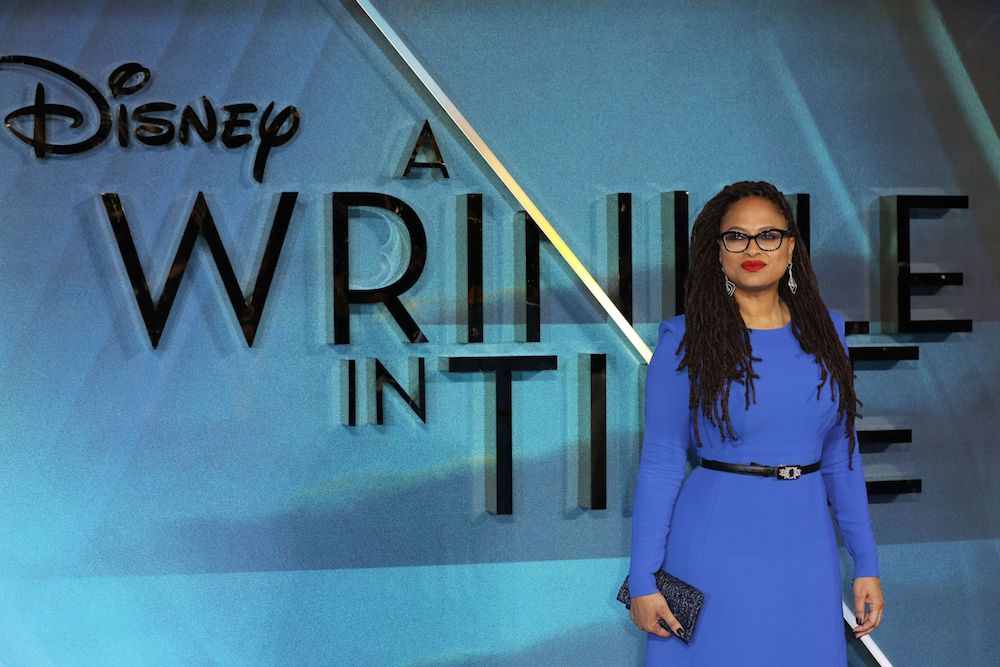
Brie was very careful to bring up not once, but three times that she wasn’t saying that white male critics shouldn’t have a voice as she said repeatedly, ‘Am I saying I hate white dudes? No I’m not.’
Marie Claire Newsletter
Celebrity news, beauty, fashion advice, and fascinating features, delivered straight to your inbox!
She continued, ‘What I am saying is that if you make a movie that is a love letter to women of colour, there is an insanely low chance a woman of colour will have the chance to see your movie and review your movie. We need to be conscious of our bias and make sure that everyone is in the room.’
The entire room apparently broke out into rapturous applause, according to Deadline. Brie also explained that this was a really crucial issue for her, because it was basically off the back of favourable reviews of her film Room that her career exploded.
‘Good reviews out of festivals give small independent films a fighting chance to be bought and seen,’ Brie said. ‘Good reviews help films gross money. Good reviews slingshot films into awards contenders. A good review can change your life. It changed mine.’
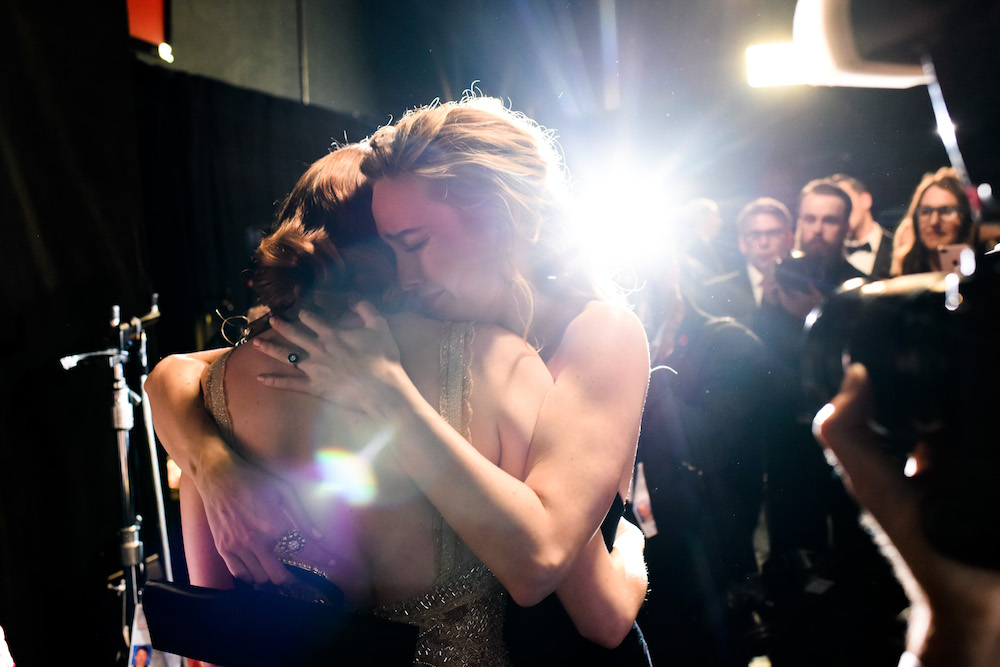
Brie (and Sundance Film Festival and TIFF through her) dropped the mic however when she revealed that the two festivals would be committing ‘at least 20 percent of their top level press passes’ to ‘underrepresented critics’.
She then called on other films to do the same in their press screenings and coverage by reaching out to three underrepresented males, three white females and three underrepresented females so that the ‘average critic pool would match the US population in just five years’.
She ended, ‘Female and underrepresented critics can’t review what they don’t see. Many are denied accreditation or access to press screenings. Please make sure that these invites and credentials find their way to more underrepresented journalists and critics, many of whom are freelancers.’
Megan is a freelance journalist who covers entertainment and all things lifestyle, with a particular passion for fashion, beauty, travel and Keanu Reeves stories. She has previously worked on staff for titles including Marie Claire UK, CNN Style and The Evening Standard and has written for titles such as Bustle UK, Wallpaper*, Forbes and Hong Kong Tatler. She splits her time between London and her hometown Hong Kong, where she currently lives with the love of her life - an elderly dog named Poppy - and her husband.
-
 Here's every character returning for You season 5 - and what it might mean for Joe Goldberg's ending
Here's every character returning for You season 5 - and what it might mean for Joe Goldberg's endingBy Iris Goldsztajn
-
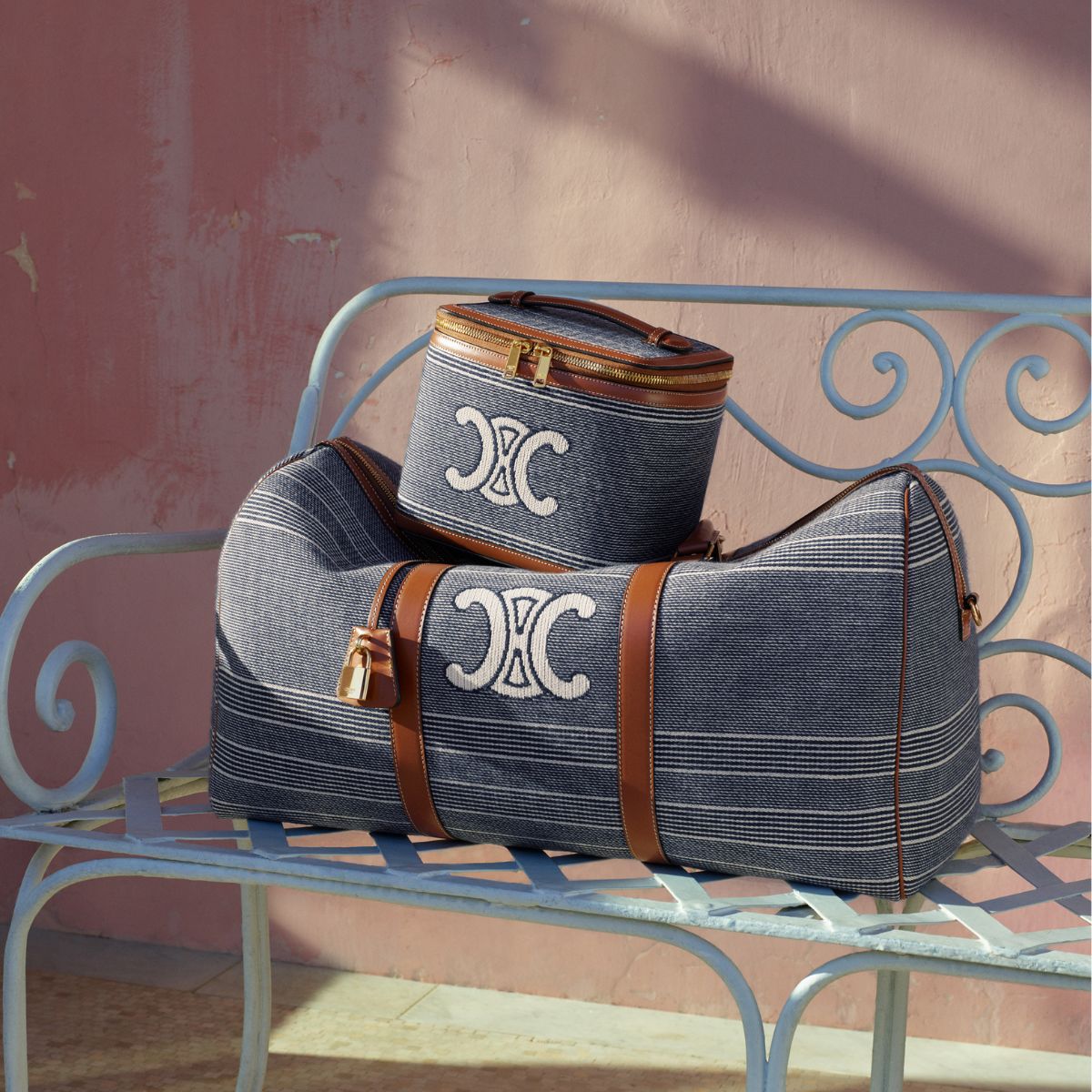 Céline's new Selfridges pop-up is an ode to summers on the French Riviera
Céline's new Selfridges pop-up is an ode to summers on the French RivieraA one-stop-shop for the ultimate holiday wardrobe
By Clementina Jackson
-
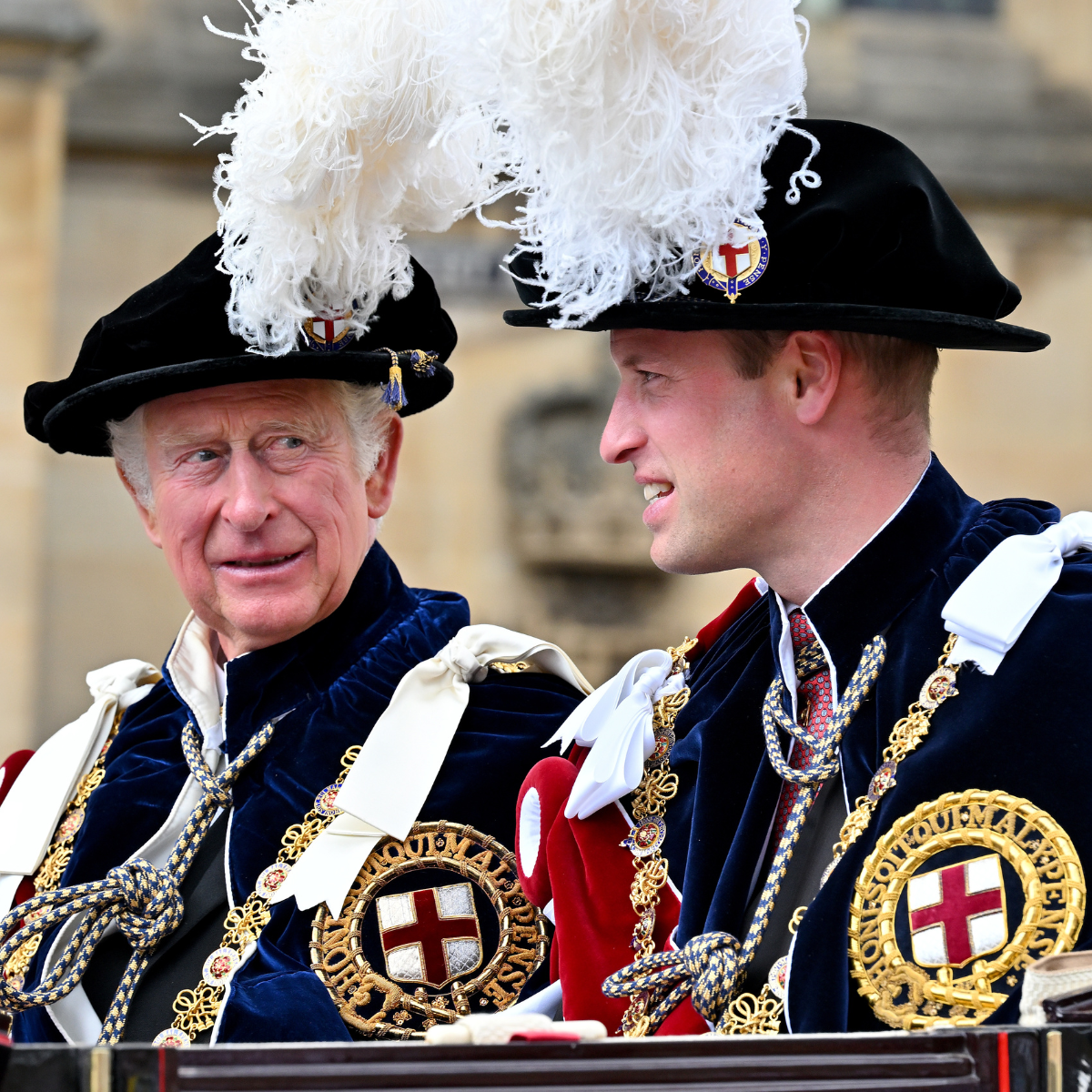 Why Prince William will attend the pope's funeral instead of King Charles
Why Prince William will attend the pope's funeral instead of King CharlesHe's representing his dad
By Iris Goldsztajn